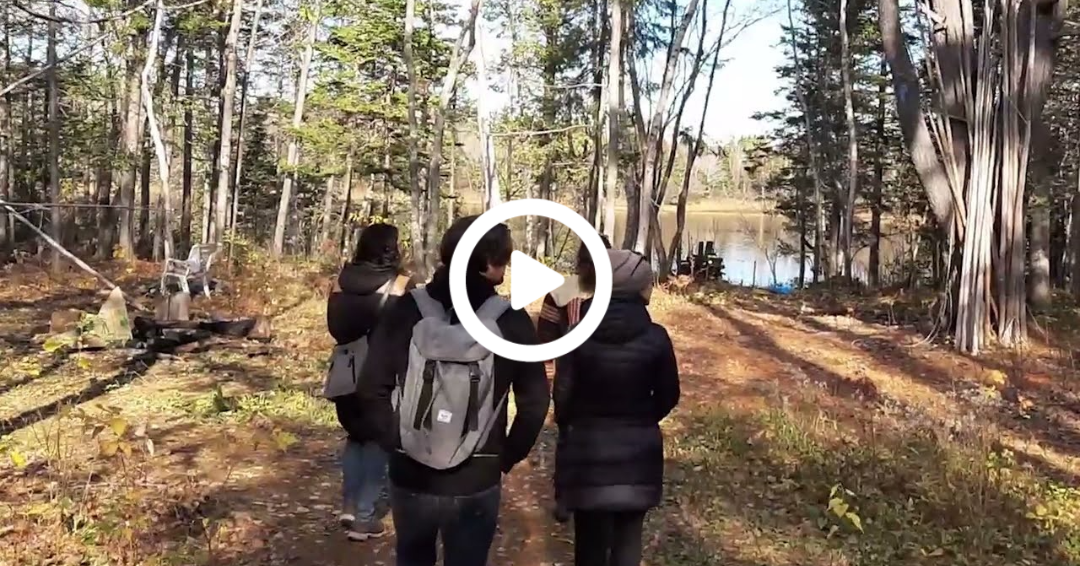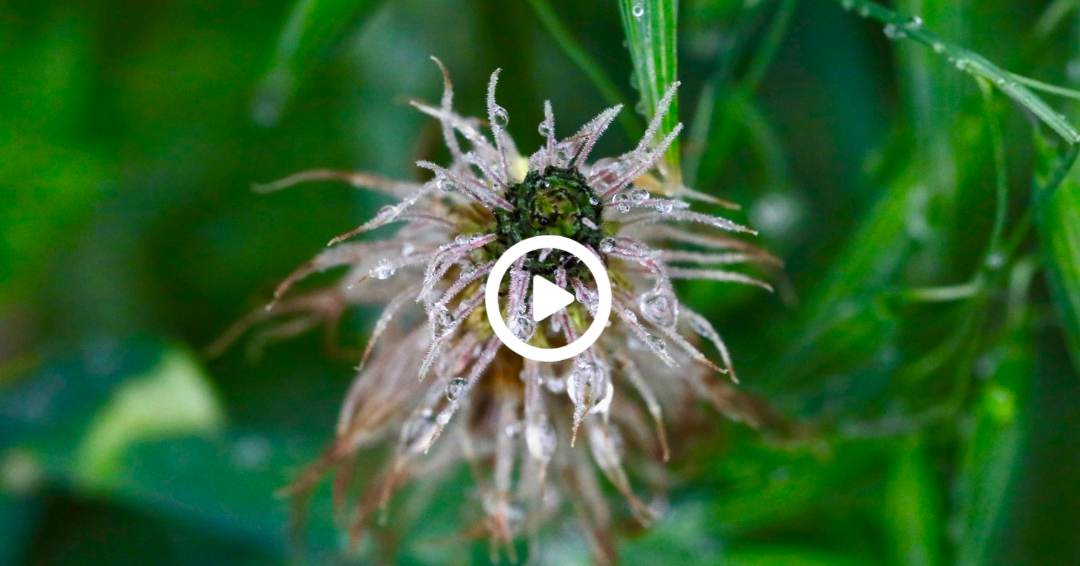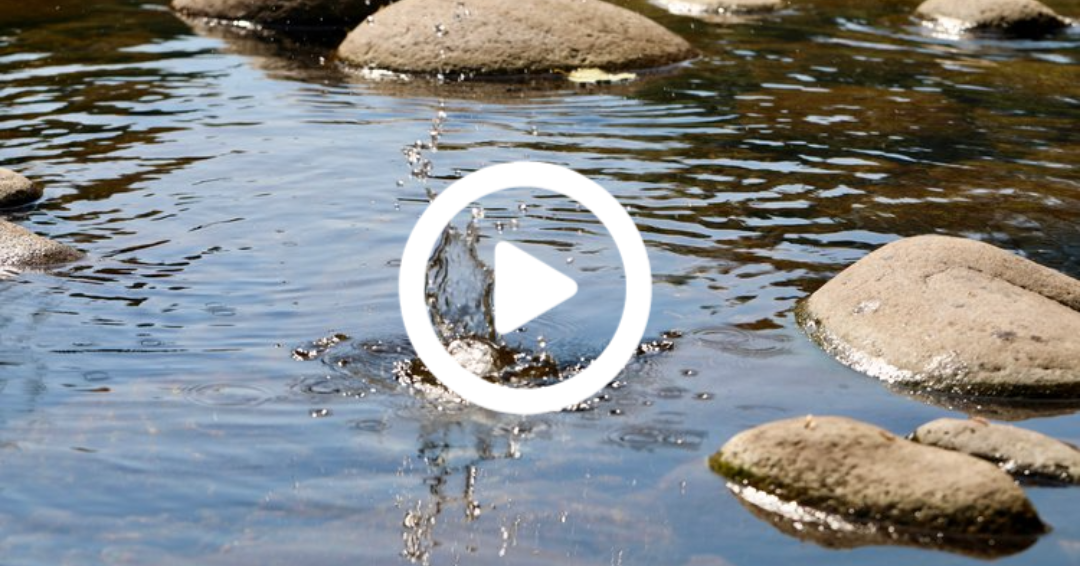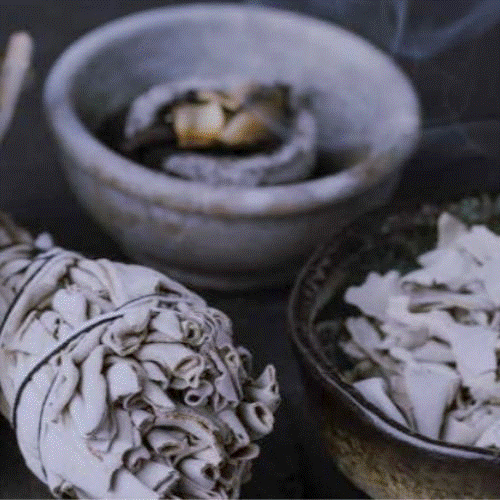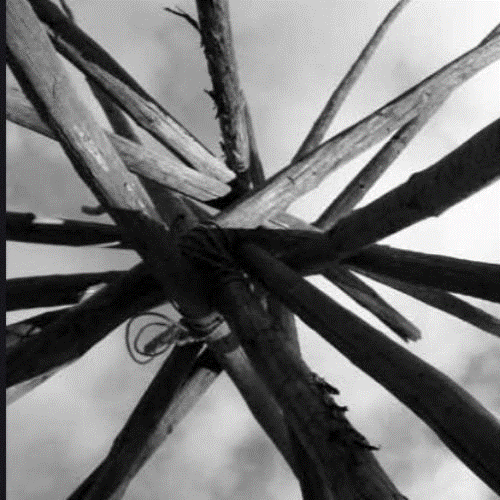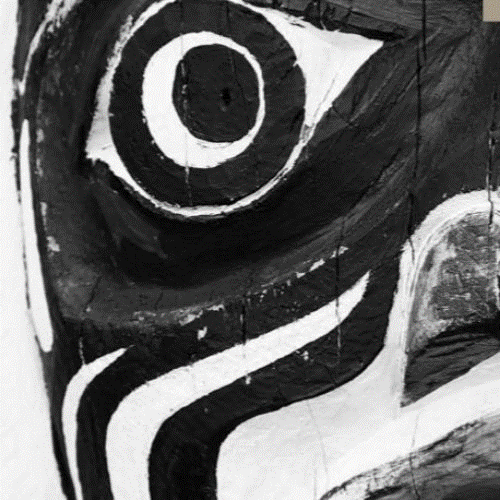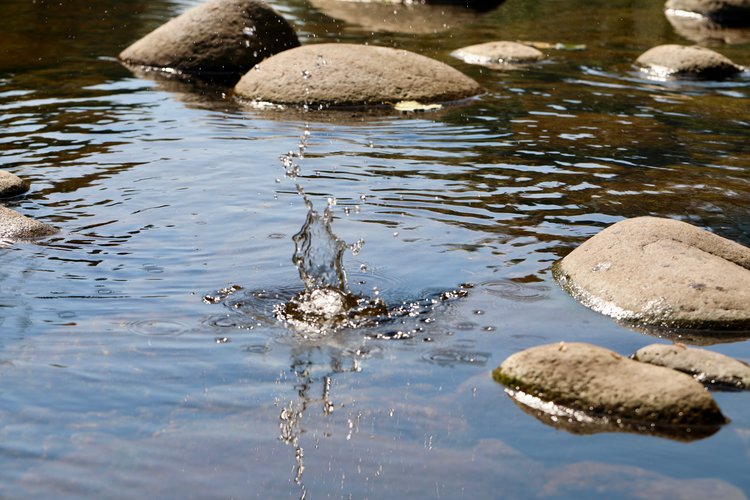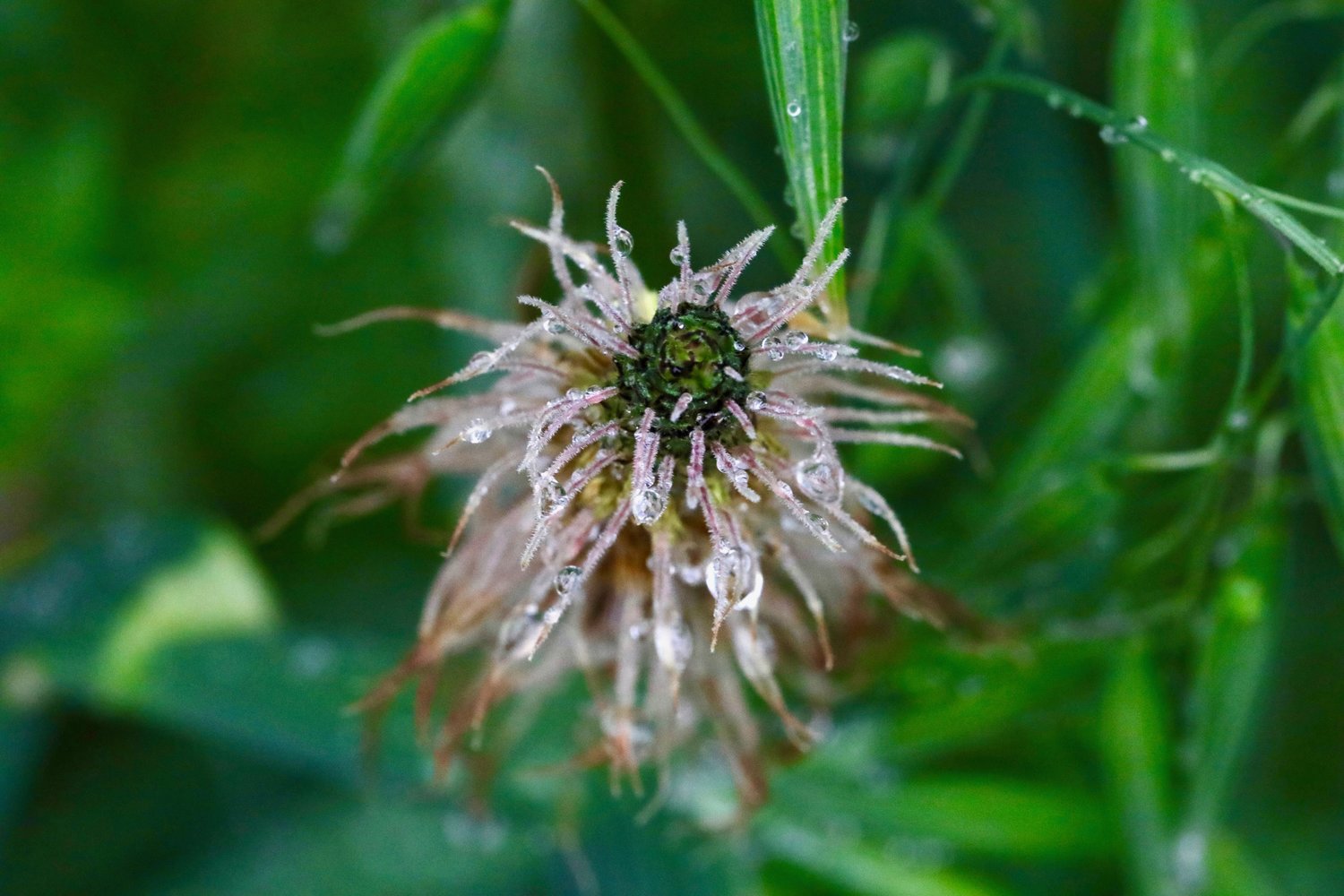
Elder-in-Residence Miigam’agan
Miigam’agan is Mi’kmaw grandmother. Her clan is Jagej from Esgenoôpetitj. She is a mother to three wonderful adults and a grandmother to four beautiful little grandchildren. Miigam’agan has devoted her life in cultural revitalization, and in the rekindling of women ceremonies, and more recently, the rematriation of her Mi’kmaq language. She holds a position as the Elder-in-Residence at St. Thomas University in Fredericton, NB, a role in which she provides support for Indigenous students and offers opportunities for the students and faculty to learn from Wabanaki Elders and Knowledge Keepers. Miigam’agan is also one of the thirteen-member Circle of Elders, Knowledge Keepers and Clan Mothers at the Turtle Island Institute, a global indigenous social innovation “think and do tank” – a teaching lodge supported, in part, by the Waterloo Institute for Social Innovation and Resilience (WISIR). She is a member of the national steering committee on Adult Education Initiatives for the Catherine Donnelly Foundation and a co-chair for the Wapna’kikewi’skwaq/Women of First Light, an indigenous women-led initiative on adult education for radical social change. Miigam’agan is a traditional sub-chief with the 7th District Gespegawagi Mi’kmaq Tribal Council.
Elder Miigam’agan on how has the Climate (Nature) changed during your life?”- with Elder Miigam’agan
Language and Climate Change- with Elder Miigam’agan
How Has Climate Change Impacted Your Community?- Interview clip with Elder Miigam’agan
Indigenous Health Resources
Health from an Indigenous perspective is a whole, and healthy person expressed through a sense of balance of spirit, emotion, mind, and body. Central to wellness is belief in one’s connection to language, land, beings of Creation, and ancestry, supported by a caring family and environment. These resources reflect those beliefs but can be used by any health practitioner to improve the wellness of all people.
The Indigenous Wellness Framework Reference Guide stems from Honouring Our Strengths: Culture as Intervention in Addictions Treatment
This Reference Guide shares key concepts gathered from the study: Definition of Culture, Definition of Wellness, Indigenous Wellness Framework, and Common Cultural Interventions.
Honoring our Strengths: A Renewed Framework to Address Substance Use Issues Among First Nations People in Canada
Honoring our Strengths: A Renewed Framework to Address Substance Use Issues Among First Nations People in Canada outlines a comprehensive continuum of services and supports, inclusive of multiple jurisdictions and partners, to strengthen community, regional, and national responses to substance use and associated mental health issues among First Nations people in Canada.
First Nations Mental Wellness Continuum-Summary Report
The framework developed in partnership with First Nations, the First Nations Mental Wellness Continuum Framework (the Framework) presents a shared vision for the future of First Nations mental wellness programs and services and practical steps towards achieving that vision.
First Nations Mental Wellness Continuum
Framework Mental wellness is supported by culture, language, Elders, families, and creation, and is necessary for a healthy individual, community, and family life. First Nations embrace the achievement of whole health physical, mental, emotional, spiritual, social, and economic well-being—through a coordinated, comprehensive approach that respects, values, and utilizes First Nations cultural knowledge, approaches, languages, and ways of knowing.
Sharing Our Wisdom: A Holistic Aboriginal Health Initiative
Using a participatory action framework, this study focused on understanding and describing Aboriginal traditional healing methods as viable approaches to improve health outcomes in an urban Aboriginal community. knowing.
Completing the circle: Towards the achievement of IND-equity – A Culturally relevant health equity model by/for Indigenous populations
Health equity is defined in ways that espouse values of social justice and benevolence and is held up as an ideal state achievable by all. However, there remains a troubling gap in health outcomes between Indigenous peoples and other Canadians.
Stories from our Elders
The Stories in this direction reflect our spirituality, our cultural worldview based on teachings gifted to us beginning at birth through our ancestral languages. As newborns, we are blessed with familial love, communal love, and universal love.
Water is Knowledge
This article addresses the role of Traditional Knowledge (TK) in protecting water in Ontario. At the same time, it highlights the need for mutually respectful collaboration between TK and Western science in resolving the water crisis primarily experienced in small, usually Indigenous, communities in Canada. The insights shared in this paper provide an overview of what water means to the Anishinabek in Ontario as gathered from the lessons and teachings of Elders, knowledge holders, practitioners, Anishinabe thinkers and scholars, amongst others.
Traditional Knowledge: Considerations for Protecting Water in Ontario
In Canada, the water crisis increasingly felt around the world is being experienced primarily in small, usually Indigenous, communities. At the heart of this issue lies an ongoing struggle to have Indigenous voices heard in the decision-making processes that affect their lives, lands, and waters. As part of ancient systems of Traditional Knowledge (TK), Indigenous people bear the knowledge and the responsibility to care for the waters upon which they depend for survival.
Interested in the latest news on Climate and Health
Get the Latest Updates!



